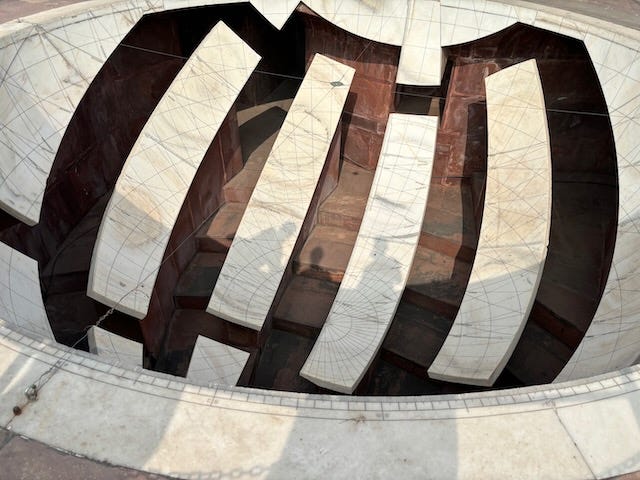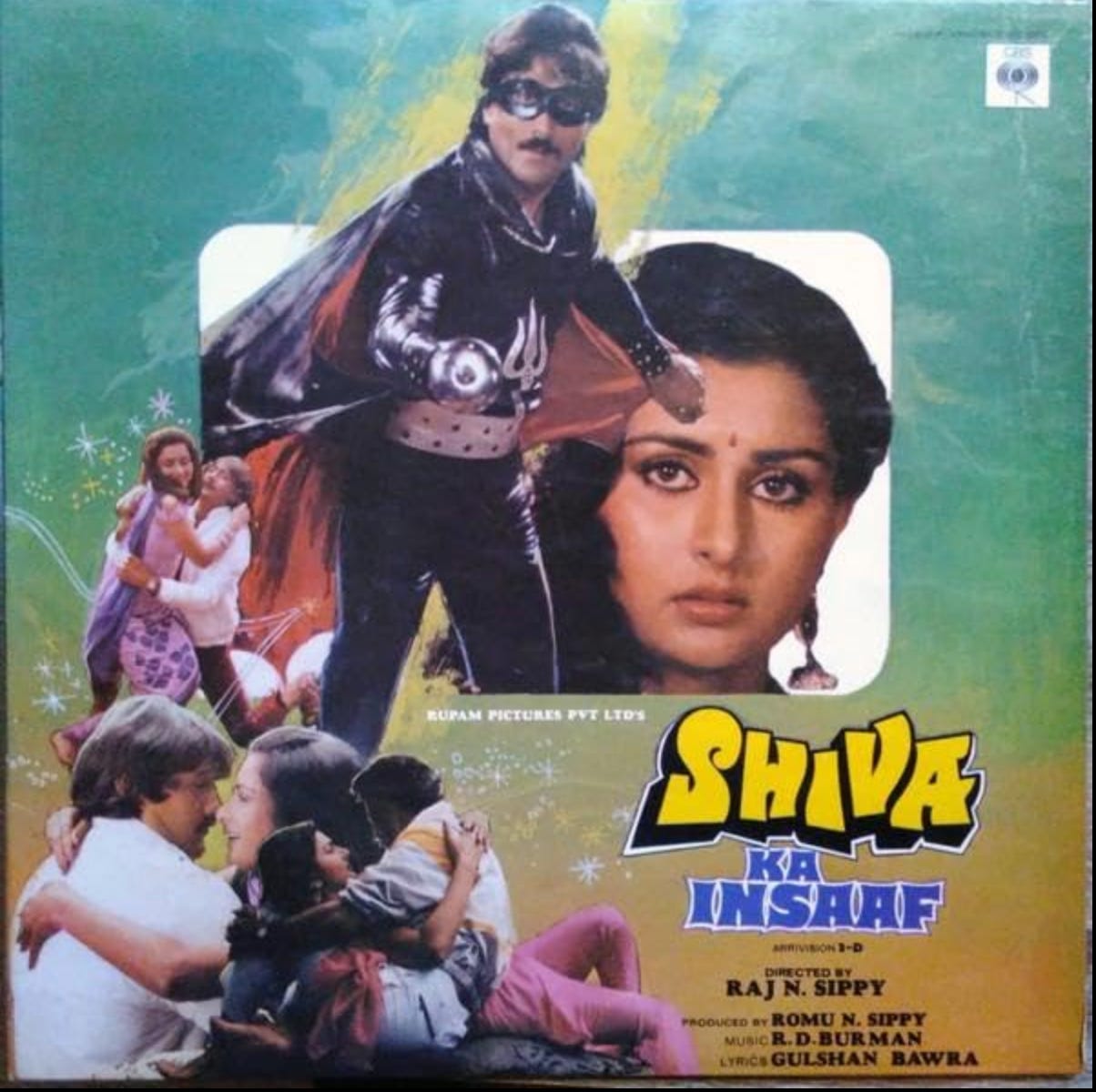Episode 5: My Father's Rage
And How it Transformed Me
I think the reason that men are so very violent is that they know, deep in themselves, that they’re acting out a lie, and so they’re furious at being caught up in the lie.
bell hooks, The Will to Change: Men, Masculinity, and Love
A few months ago, deadlines loomed. Coworkers messaged me for meetings about urgent-in-the-moment work things. Many papers required much critical shuffling. I was on a short fuse. Then I got a call from my kid’s after school program coordinator, who wouldn’t let her attend the program because I hadn’t provided the requisite forms, because of the oversights, because everything had to run on its little schedule, tick tick.
My voice raised beyond the normal range, into the realm that evokes fear in others. The kind of voice that is meant to evoke fear in others.
I had lost it, and after, I felt lost. My body heaved and shivered. I left my office, still shaking, because I had to pick up my child.
My daughter was confused that she couldn’t go to the after school program, and as the rage drained away, the questions began. Was this the right way to get things done? But what other way was there?
What I specifically remember is thinking about my father, that he has done this, and has done this throughout my life. And I have seen it work.
The next time I saw the after school coordinator, I apologized. But even at that moment, a part of me still questioned why apologizing was necessary, because I still felt deeply that what I did was right.
But why?
In bell hooks’ book, “The Will to Change: Men, Masculinity, and Love” I read about hooks’ father, whose rage rattled the windows of their home and rattled it often. It extended through hooks’ adulthood until he passed, mangled her entire family including her brother to fit him within patriarchy’s gnarled mold. For to be a man in hooks’ house meant stowing your emotions as deep as you can only for them to erupt in self-righteous indignation both at those far away and those closest to you.
But I can’t say the same of my own dad. He is a gentle man, who spends his days in retirement losing money playing options in the stock market. On a good day, he breaks even.
While growing up, my mother raised us. Though my father was around, I don’t think I got to know my father - or rather - he didn’t let me get to know him. I don’t think he was equipped to share what was going on with his emotional landscape.
Living in the United States, as an immigrant, it makes sense - the need to work became paramount. And it was diligence and success that would allow folks to transgress the minor and major racism one experiences.
But there are moments I remember his rage. One time, at a birthday party in my 30’s, it seeped out acidic and sudden when a restaurant was taking too long to fulfill our orders. We had a packed table with friends who had traveled out to our favorite desi restaurant of the moment to have a good South Indian meal. We knew the food would take a while, and we warned everyone, including my dad. We had ordered our food about 45 minutes prior before my dad’s table banter turned outward. We watched in horror and confusion as he yelled at the waiter, who likely was also the owner of the restaurant. He inquired why the food was taking so long, why would it take so long, why so long? The waiter’s face froze while simultaneously remaining deferential to our large table. What was going through her mind? At that moment, was she worried about getting a good tip, or was she simply trying to survive?
His questioning prompted many of us to ask the same silent question of each other and as confusion set in we all settled on tiny laughters as the decided response - unsure of what else there was to do.
I too was confused, and back then, part of me felt that that was a necessary intervention. An expected intervention. And yet, I was supremely embarrassed. My friends and I would talk about this episode for many years later, pushing it off into the realm of comic relief, remember when my dad said that, lol? That was wild, lol.
I look back at these instances as lessons of how I learned to make demands of other people. How I would summon the image of my father’s rage and thought yes, this should be the way. Male rage is accepted and tolerated by nearly everyone, yet when I engage in the rage, my body feels out of itself before, during, and after. Any acts of rage, however brief, usually led to hours of distraction, wondering about whether that had to be done, did those words had to be said, in that way.
I grew up in the 90’s watching Bollywood with my father, mother, and sister. I adored the characters, modeling myself on the celluloid superhero in Shiva Ka Insaaf, who had inherited super powers while learning how to avenge his parents’ death. This was, incidentally, India’s first 3-D superhero movie. But I still remember the combat training montages, imitating them as a child. Seeing myself as someone who could not only fight, but fly.
But I also inherited the patriarchy and violence the men exhibited in these films. It became normal that men could simply stalk women they wanted to hook up with. Men in both films controlled the women and people around them, ogled women as if they were exotic space creatures, and every single one of them fought bad guys like they had nothing to lose, with fists and guns and da-shooms and always winning, always saving the day.
I had yet another test recently during our last trip to India. Several kar sevaks (Hindu foot soldiers) came to our Airbnb to invite us to the Ram Mandir opening in Ayodhya. As soon as I heard this, I stormed outside. My dad had already been talking with them when I stormed in. I yelled at them and told them to go away, we’re not interested in talking to them. Minutes later, my dad gets a call from the owner upstairs, who said that that is not how you treat these people and that was wrong, etc. I quickly dismissed that paternalistic call, but my dad said that I could have handled it differently. I could have told them calmly that we didn’t want what they were selling.
It was an interesting change of roles, where my dad - who I originally learned how to ask for what I want - was the one advising me on the art of talking to people. And I agreed with him. I should have handled it differently, despite my anger about the Ram Temple and the revisionist and fascist history surrounding it.
It’s still a work in progress, my rage. I still have times when I feel the acidity bubbling up in the pit of my stomach. It’s comes from an entitlement that the will to force others is the only way to get things done. But like hooks’ quote above, during those moments when I feel like rage is the way, I don’t realize it is very much a lie until my body is shaking, as if letting loose from itself.






I saw the band IDLES play live in Barcelona last week. If you're not familiar with this song, it may resonate:
https://www.youtube.com/watch?v=si2pZRifgIo&ab_channel=IDLES
It’s meaningful as a woman to read a piece by a man interrogating this dynamic. Have you come across Zawn Villines’ work on this?